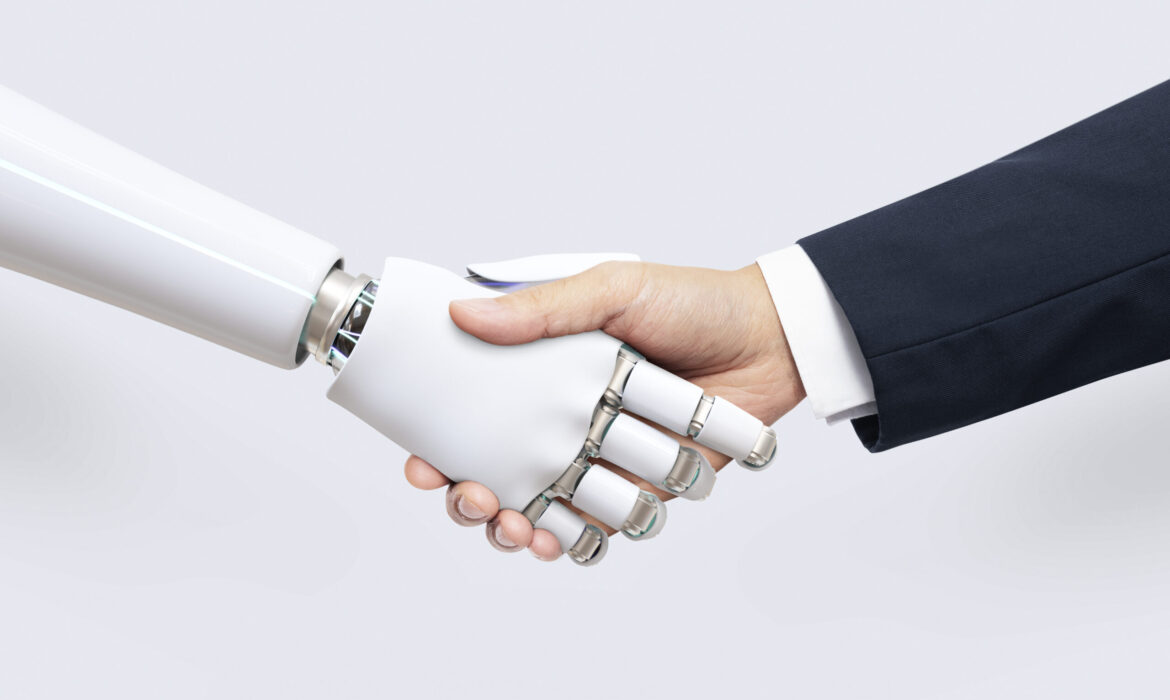
The Role of AI in Predictive Marketing
Predictive marketing is revolutionizing the way businesses engage with their customers, and artificial intelligence (AI) plays a crucial role in this transformation. By analyzing vast amounts of data and generating accurate predictions, AI enables brands to anticipate consumer needs and behaviors, optimizing marketing campaigns and improving customer experience. With its ability to process and learn from vast volumes of information, AI is making predictive marketing an essential tool for businesses looking to stay competitive in today’s digital environment.
The essence of predictive marketing lies in predicting future customer behaviors based on historical data and behavioral patterns. AI facilitates this process through machine learning algorithms that analyze data such as purchase history, social media interactions, web browsing patterns, and personal preferences. By identifying hidden trends and correlations in this data, AI helps businesses more accurately predict which products or services will interest each customer, allowing marketing campaigns to be more personalized and effective.
One of the most prominent applications of AI in predictive marketing is advanced audience segmentation. Instead of segmenting customers based on basic demographic criteria alone, AI enables segmentation based on behaviors, interests, and predictions of future needs. For example, an online retailer can use AI to identify a group of customers who have shown interest in products in a specific category, while also predicting what other products they might be interested in in the future. This allows brands to send personalized and highly relevant messages, thereby increasing conversion rates.
Furthermore, AI powers predictive marketing by improving the accuracy of product recommendations. E-commerce platforms like Amazon use AI-based recommendation systems to suggest products to users based on their past purchases and browsing behaviors. These recommendation algorithms not only improve the user experience by offering helpful suggestions, but also drive incremental sales by showcasing products that customers might not have discovered on their own. This type of predictive marketing creates a positive feedback loop, as the more users interact with recommendations, the more data is generated to fine-tune future predictions.
Another way AI is impacting predictive marketing is in content automation. Based on the analysis of user data, AI can generate personalized and dynamic content in real-time. For example, a fashion website can display different images or product recommendations based on a particular visitor’s browsing history or preferences. This not only improves the relevance of the content but also creates a more seamless and engaging experience for the user.
AI-powered predictive analytics also helps businesses optimize their customer retention strategies. By identifying early signs of churn or disinterest, such as a decrease in the frequency of interactions or a drop in purchases, AI allows brands to intervene before the customer leaves. This can include sending personalized offers, reminders of products the customer has previously viewed, or even recommendations for complementary services. By anticipating customer needs, businesses can maintain a stronger, more loyal relationship with their customer base.
Marketing budget optimization is another area where AI is transforming predictive marketing. By analyzing the performance of past campaigns and predicting which strategies will be most effective in the future, AI can help marketers allocate resources more efficiently. For example, it can predict which advertising channels will generate the highest ROI for a specific audience, allowing brands to maximize their impact while minimizing budget waste.
One of the newest applications of AI in predictive marketing is real-time personalization across omnichannel channels. As consumers interact with a brand across multiple touchpoints (website, social media, email, physical stores, etc.), AI can analyze all of this data in real-time to deliver consistent messaging and offers across each channel. This means that no matter how a customer interacts with a brand, their experience will be personalized and relevant. This multi-channel consistency not only improves customer satisfaction, but also increases the likelihood of conversion.
For AI-powered predictive marketing to be effective, businesses must have access to high-quality data. AI is fueled by data, and the accuracy of its predictions depends on the quantity and quality of information available. Brands must ensure they have robust data collection and management strategies in place, while always respecting customer privacy and complying with regulations such as the General Data Protection Regulation (GDPR). As AI advances, transparency in data use also becomes essential to maintaining customer trust.
AI is transforming predictive marketing by enabling businesses to anticipate customer needs, personalize their marketing strategies, and optimize resource usage. From advanced audience segmentation to real-time personalization and improved product recommendations, AI enables brands to make data-driven decisions that improve customer experience and increase sales. By harnessing the power of AI, businesses can stay ahead of the curve in digital marketing and build more meaningful relationships with their customers.





